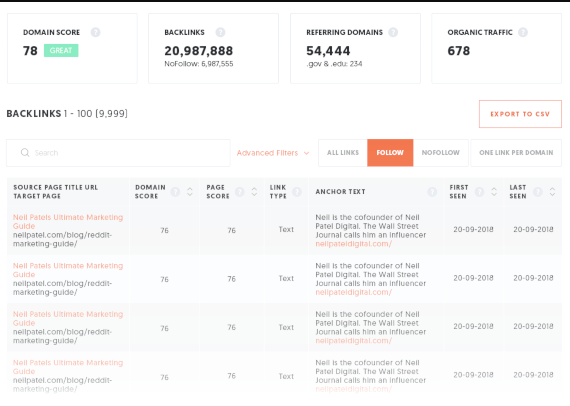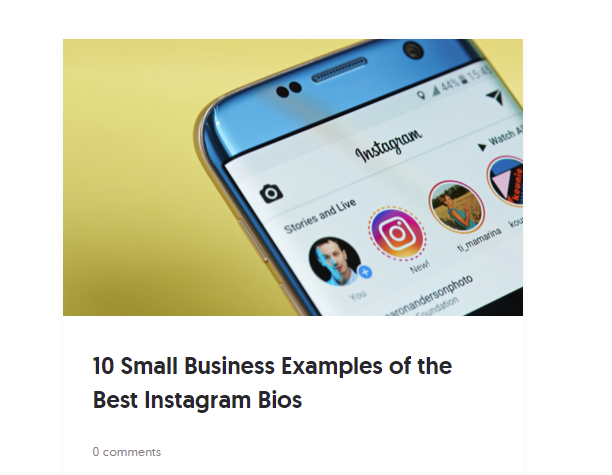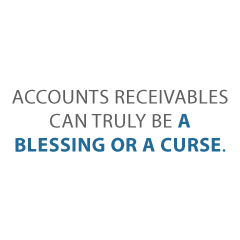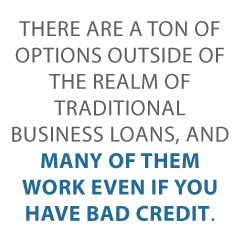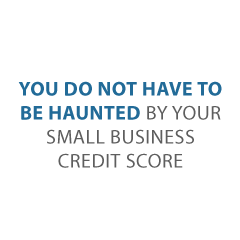Get business credit cards during a recession downturn – coronavirus or no coronavirus, this could be the perfect time for you to build your business credit history. So here are excellent cards where you can do just that.
You Can Get Business Credit Cards That Don’t Report on Your Consumer Credit Reports Even During a Recession Downturn
Learn how to make sure your business credit cards don’t report on your consumer credit reports. It makes a difference with business credit funding! You need business credit cards that do not report to personal credit. Even in a recession downturn!
Many small business credit cards require that the business owner to personally guarantee the debt. Usually this person is also the cardholder, although not all the time. But you want to apply for business credit card without personal guarantee. Don’t blame you! It would be a lot better to get an unsecured business credit card no personal guarantee.
That means that if the balance is not paid off for the business, then the owner will end up being responsible for the entire amount. It also means that business account activity could potentially spill over to the owner’s personal credit reports. It stinks to guaranty business credit!
But this depends upon each card issuer’s policy.
Policy Considerations
Some card issuers only report activity to the cardholder’s personal credit reports in the case of the owner defaulting. And there are others which will report all activity. And they will not distinguish between positive and negative activity.
The easiest way to keep business credit activity off your personal credit report is to use a business credit card which does not report business activity to personal credit bureaus. However, the decision to use a card such as this should not be made lightly. But no matter what, you don’t want these cards to report on your consumer credit reports.
So, is how to get a credit card without credit.
Report Activity During a Recession Downturn
Which is better? It all depends upon your situation. If you pay your business card on time and avoid high balances, then a ‘business’ card that appears on your personal credit reports with Experian, Equifax, and TransUnion should not be a problem.
It could even help your credit scores.
Utilization Issues
But if you charge everything you can on your card in order to rack up rewards, then your personal credit could conceivably suffer. Credit scoring models will take into consideration your debt usage or utilization ratio.
This compares the reported balances versus available credit limits. It is often for each card as well as all credit cards combined.
A high balance on a business card which appears on your personal credit can mean a higher debt usage ratio. And that can lower credit scores.
And paying the balance off in full every month alone is unlikely to solve this problem. The reported balance is often the balance as of the statement closing date and not after a payment has been made.
Therefore, if you want lower balances to get onto the reports, you need to make your payments before either the statement closing date, or whichever date the issuer reports.
Some Small Advantages
However, if your personal credit history is lacking, a business card which reports your full account activity could help. Hence if you avoid credit cards and use a debit card, you may have a “thin” credit profile. It could benefit from the boost another card could provide.
Opting for a business credit card which does not report to personal credit may help if you know there will be times you need to run up charges putting you close to the limit or carry a balance.
This could be for anything from investing in new equipment to spending to prepare for a trade show. Of course you do not want that activity to bring down your scores.
Using a Business Credit Card that Doesn’t Affect Personal Credit in a Recession Downturn
Generally, it’s better to apply for the business credit card which offers rewards and benefits of the most interest to you, rather than focusing solely on the card’s reporting policy.
Furthermore, if you default, then having a business credit card which does not report regularly to consumer credit bureaus will make no difference. You will still end up personally liable for the debt on the card if you signed a personal guarantee. This is not the way to get credit cards for businesses with no personal guarantee.
And you want a business credit card no personal guarantee required.
If the card issuer brings a lawsuit against you for the balance or sends the account to a collections agency, then this activity will likely show up on your personal credit report. That can happen regardless of how any other payment information is reported.
Another option in a Recession Downturn
Another way out is to use business credit cards that do not require a personal guarantee. However, those are few and far between. These sorts of cards ask you, the business owner, to meet a set of conditions which can differ from one product to another.
These could be annual sales guarantees. Or they might be requirements to have an open Dun & Bradstreet file or other conditions. If you cannot meet these conditions, then this option will not exist for your business at all.
Finally, as always, it literally pays to separate your business life from your personal life, by opening separate accounts and even incorporating your business, in order to demonstrate to creditors that you and your company are not the same when it comes to credit.
Build Business Credit During a Recession Downturn
So the truth is the best way to get around these problems is simply to build business credit! Don’t settle for credit cards that don’t do what you want. And don’t settle for a corporate business card that say ‘business’ on it, but is really a personal credit card in disguise.
You want it when business credit cards don’t report on your consumer credit reports. And such cards would not be them.
Every Small Business Needs Company Credit Building
Business credit is credit in a small business’s name. It doesn’t tie to an entrepreneur’s personal credit, not even when the owner is a sole proprietor and the only employee of the small business.
Because of this, an entrepreneur’s business and individual credit scores can be very different. And establishing business credit without personal guarantee is key.
The Advantages – Especially in a Recession Downturn
Given that small business credit is distinct from personal, it helps to safeguard a business owner’s personal assets, in case of litigation or business bankruptcy.
Also, with two distinct credit scores, a business owner can get two separate cards from the same merchant. This effectively doubles purchasing power.
Another advantage is that even startups can do this. Visiting a bank for a business loan can be a formula for disappointment. But building company credit, when done properly, is a plan for success. You could even get a business loan no personal guarantee.
Individual credit scores depend upon payments but also other elements like credit usage percentages.
But for small business credit, the scores actually merely hinge on if a company pays its invoices promptly.
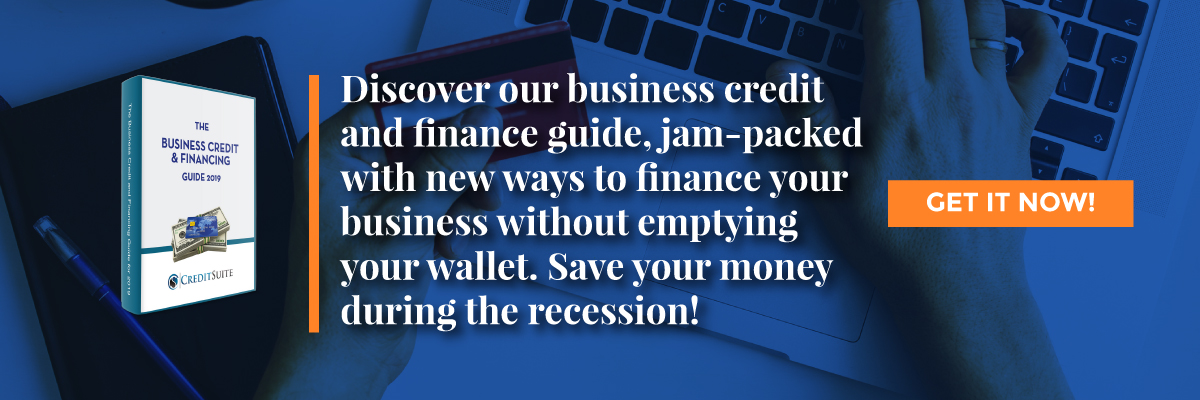
Discover our business credit and finance guide, jam-packed with new ways to finance your business without emptying your wallet. Save your money during the recession!
The Process
Growing business credit is a process, and it does not occur automatically. A small business will need to actively work to build business credit.
That being said, it can be done readily and quickly, and it is much speedier than establishing personal credit scores.
Vendors are a big component of this process.
Carrying out the steps out of order will result in repetitive rejections. Nobody can start at the top with company credit. For example, you can’t start with store or cash credit from your bank. If you do you’ll get a rejection 100% of the time.
But done right, this is how to get business credit card without personal guarantee.
Business Fundability in a Recession Downturn
A business needs to be bona fide to lending institutions and merchants.
As a result a company will need a professional-looking web site and e-mail address. And it needs to have website hosting bought from a merchant like GoDaddy.
In addition company telephone and fax numbers should have a listing on ListYourself.net.
Likewise the company phone number should be toll-free (800 exchange or similar).
A company will also need a bank account dedicated solely to it, and it must have every one of the licenses necessary for running.
Licenses
These licenses all must be in the perfect, accurate name of the business. And they need to have the same company address and telephone numbers.
So keep in mind that this means not just state licenses, but possibly also city licenses.
Working with the IRS
Visit the Internal Revenue Service website and acquire an EIN for the business. They’re free of charge. Choose a business entity such as corporation, LLC, etc.
A small business can get started as a sole proprietor. But they will probably want to change to a variety of corporation or partnership.
This is in order to decrease risk. And it will make best use of tax benefits.
A business entity will matter when it pertains to tax obligations and liability in case of litigation. A sole proprietorship means the owner is it when it comes to liability and tax obligations. Nobody else is responsible.
Beginning the Business Credit Reporting Process
Start at the D&B web site and get a free D-U-N-S number. A D-U-N-S number is how D&B gets a company into their system, to produce a PAYDEX score. If there is no D-U-N-S number, then there is no record and no PAYDEX score.
Once in D&B’s system, search Equifax and Experian’s web sites for the business. You can do this at www.creditsuite.com/reports. If there is a record with them, check it for accuracy and completeness. If there are no records with them, go to the next step in the process.
In this manner, Experian and Equifax will have something to report on.

Discover our business credit and finance guide, jam-packed with new ways to finance your business without emptying your wallet. Save your money during the recession!
Vendor Credit
First you should establish trade lines that report. This is also known as vendor credit. Then you’ll have an established credit profile, and you’ll get a business credit score.
And with an established business credit profile and score you can begin getting retail store and cash credit.
These kinds of accounts tend to be for the things bought all the time, like shipping boxes, outdoor work wear, ink and toner, and office furniture.
But first off, what is trade credit? These trade lines are credit issuers who will give you starter credit when you have none now. Terms are usually Net 30, instead of revolving.
Therefore, if you get approval for $1,000 in vendor credit and use all of it, you must pay that money back in a set term, such as within 30 days on a Net 30 account.
Details
Net 30 accounts need to be paid in full within 30 days. 60 accounts have to be paid completely within 60 days. Unlike with revolving accounts, you have a set time when you must pay back what you borrowed or the credit you used.
To launch your business credit profile properly, you need to get approval for vendor accounts that report to the business credit reporting bureaus. When that’s done, you can then use the credit.
Then pay back what you used, and the account is on report to Dun & Bradstreet, Experian, or Equifax.
Vendor Credit – It Makes Sense
Not every vendor can help in the same way true starter credit can. These are merchants that will grant an approval with marginal effort. You also need them to be reporting to one or more of the big three CRAs: Dun & Bradstreet, Equifax, and Experian.
You want 3 of these to move onto the next step, which is retail credit.
Uline Shipping Supplies
Uline Shipping Supplies is a true starter vendor. You can find them online at www.uline.com. They offer shipping, packing, and industrial supplies, and they report to D&B.
You have to have a D-U-N-S number. They will request 2 references and a bank reference. The first few orders might need to be paid in advance to initially get approval for Net 30 terms. Also, you may have to buy some items you don’t need.
Crown Office Supplies
Crown Office Supplies is another true starter vendor. You can find them online at https://crownofficesupplies.com. They sell a variety of office supplies and take helping clients seriously. They state, “just starting your business, or maybe have an existing business, but you have a question regarding office supplies… we are here to help!” And they report to Dun and Bradstreet, Experian, and Equifax.
There is a $99.00 yearly fee, though they do report that fee to the business credit reporting bureaus. For other purchases to report, the purchase must be at least $30.00. Terms are Net 30.
Grainger Industrial Supply
Grainger Industrial Supply is also a true starter vendor. You can find them online at www.grainger.com. They sell safety equipment, plumbing supplies, and more, and they report to D&B. You will need to have a business license, EIN, and a D-U-N-S number.
For less than a $1000 credit limit they will approve almost any person with a business license.
Accounts That Do Not Report
Non-Reporting Trade Accounts can also be helpful. While you do want trade accounts to report to at the very least one of the CRAs, a trade account which does not report can also be of some worth.
You can always ask non-reporting accounts for trade references. Additionally credit accounts of any sort ought to help you to better even out business expenditures, thereby making budgeting less complicated. These are companies like PayPal Credit, T-Mobile, and Best Buy.

Discover our business credit and finance guide, jam-packed with new ways to finance your business without emptying your wallet. Save your money during the recession!
Retail Credit
Once there are 3 or more vendor trade accounts reporting to at least one of the CRAs, then move to retail credit. These are companies which include Office Depot and Staples. These companies are likelier to have supplies you need.
Use the company’s EIN on these credit applications. These are no personal guarantee business credit cards!
Fleet Credit
Are there more accounts reporting? Then progress to fleet credit. These are service providers such as BP and Conoco. Use this credit to purchase, fix, and take care of vehicles. Make certain to apply using the business’s EIN. These are business credit cards without personal credit. You will have start up business credit cards without personal guarantee.
Cash Credit
Have you been responsibly handling the credit you’ve gotten up to this point? Then move to more universal cash credit. These are service providers like Visa and MasterCard. Keep your SSN off these applications; use your EIN instead. These are business credit cards for new businesses without personal guarantee.
These are frequently MasterCard credit cards. If you have more trade accounts reporting, then these are feasible. Once you’re here, these become easy business credit cards no personal guarantee.
Monitor Your Business Credit in a Recession Downturn and Beyond
Know what is happening with your credit. Make certain it is being reported and fix any errors as soon as possible. Get in the practice of taking a look at credit reports. Dig into the details, not just the scores.
We can help you monitor business credit at Experian and D&B for 90% less.
At Equifax, you can monitor your account at: www.equifax.com/business/business-credit-monitor-small-business.
Update Your Information
Update the info if there are mistakes or the relevant information is incomplete. At D&B, you can do this at: https://iupdate.dnb.com/iUpdate/viewiUpdateHome.htm. For Experian, go here: www.experian.com/small-business/business-credit-information.jsp. And for Equifax, go here: www.equifax.com/business/small-business.
Fix Your Business Credit
So, what’s all this monitoring for? It’s to dispute any inaccuracies in your records. Errors in your credit report(s) can be fixed. But the CRAs generally want you to dispute in a particular way.
Get your small business’s PAYDEX report at: www.dnb.com/about-us/our-data.html. Get your company’s Experian report at: www.businesscreditfacts.com/pdp.aspx?pg=SearchForm. And get your Equifax business credit report at: www.equifax.com/business/credit-information.
Disputes
Disputing credit report errors generally means you send a paper letter with duplicates of any evidence of payment with it. These are documents like receipts and cancelled checks. Never send the originals. Always mail copies and keep the originals.
Fixing credit report inaccuracies also means you precisely spell out any charges you challenge. Make your dispute letter as crystal clear as possible. Be specific about the concerns with your report. Use certified mail so that you will have proof that you sent in your dispute.
Dispute your or your small business’s Equifax report by following the directions here: www.equifax.com/small-business-faqs/#Dispute-FAQs.
You can dispute errors on your or your company’s Experian report by following the instructions here: www.experian.com/small-business/business-credit-information.jsp.
And D&B’s PAYDEX Customer Service telephone number is here: www.dandb.com/glossary/paydex.
A Word about Building Business Credit During a Recession Downturn
Always use credit smartly! Don’t borrow more than what you can pay off. Keep track of balances and deadlines for repayments. Paying in a timely manner and fully will do more to raise business credit scores than just about anything else.
Establishing business credit pays off. Great business credit scores help a company get loans. Your lending institution knows the business can pay its debts. They understand the small business is for real.
The business’s EIN connects to high scores and you can start to get new business credit cards without personal guarantee.
Business credit is an asset which can help your company for years to come. It’s the best way to get corporate credit cards without personal guarantee.
Keep Your Business Credit Cards Off Your Consumer Credit Reports in a Recession Downturn: Takeaways
Learn more here and get started toward getting the best business credit cards for you needs . And make sure your business credit cards don’t report on your consumer credit reports. This is the best way to successfully apply for business credit card no personal guarantee.
As you keep going, you can qualify for business credit lines with no personal guarantee. And it can all start with small business credit cards without personal guarantee. The COVID-19 situation will not last forever – and in the meantime, you can be getting amazing credit cards for your business.
The post Get Business Credit Cards That Don’t Report on Your Consumer Credit Reports During a Recession Downturn appeared first on Credit Suite.
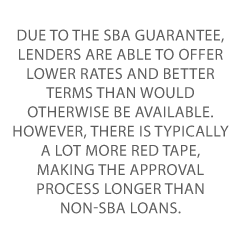
 #1 SBA 7(a) Loans
#1 SBA 7(a) Loans #3 SBA Express
#3 SBA Express
 #5 SBA Microloan Program
#5 SBA Microloan Program
 #7 SBA Export Working Capital
#7 SBA Export Working Capital
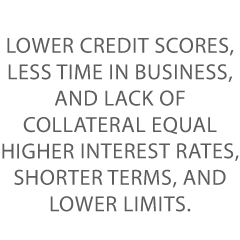
 your business the faster you can get funding. That all starts with building a Fundable
your business the faster you can get funding. That all starts with building a Fundable


